Being a highly sensitive person, or neurodivergent in other ways, we may have grown up feeling misunderstood, and even like we were flawed.
The first section of this audio is an excerpt from a related podcast episode with Julie Bjelland and Willow McIntosh, followed by comments by Dr. Aimie Apigian on how trauma relates to these feelings.
Hear the full podcast episode "The Pain of Being Misunderstood and the Joy of Belonging with Julie Bjelland, LMFT and Willow McIntosh" - See the HSP and Neurodivergent Podcast page.
In this excerpt, therapist Julie Bjelland, LMFT mentions her Autistic Women’s Group - this is free for members of her Sensitive Empowerment Community.
A member writes: “Thank you for such loving words and the support!…this community you created has made me feel so welcomed, understood and provides a beautiful garden that I feel comfortable to share my vulnerabilities openly and have a positive space that feeds me with beauty in so many ways!"
Willow McIntosh notes in a post on his site: "For those of us born with the trait of high sensitivity and high sensory intelligence we typically experienced the world in a particular and often profound way.
"It is quite common for us to have been misunderstood and for our emotional sensitivity to be seen as a disadvantage.
"Yet it is often the challenges we faced and the way we saw the world back then that shape us to specialise in a particular area of life."
From post "The importance of reframing our childhood as a highly sensitive person" in the blog section of his site Inluminance.
Trauma and feeling misunderstood
“Trauma results in this belief that we are different, that we’re not enough, that there’s something about us that pushes people away or that we’re too much for other people."
Trauma healing specialist Aimie Apigian, MD continues:
“And so if they were to truly know us – all parts of us – then they would leave us, then they would kick us out, then they would reject us, abandon us.
"And those feelings of being abandoned and being different are so painful that our system responds in a self-protective way…”
Dr. Aimie Apigian, MD, MS, MPH, is an author, speaker and founder of Trauma Healing Accelerated.
Hear more in podcast episode How attachment trauma impacts our lives with Aimie Apigian, MD.
Visit her site to learn about her ongoing program for trauma recovery: The Foundational Journey: 21 Day Journey and Introduction to All Parts of Me courses. "Together, these courses integrate the somatic and parts work which are essential to effectively address stored trauma in the body."
The image at the top of this page (‘woman standing alone in busy crowd’) comes from free guide by Dr. Apigian:
▶️ Attachment Pain: A Roadmap for Healing. "Attachment is not just one’s relationship style, it was one’s survival style for the first few years of life. These experiences influence our attachment styles—secure, anxious, avoidant, or disorganized—and shape our ability to form healthy relationships."
~~~
Another related podcast post: Getting past feeling flawed to being authentic and connecting better with others - Our feelings like 'too different' or 'unworthy' can be changed.
~~~
Fitting in, not fitting in, trying to fit in
As Dr. Apigian notes above, feelings of being different are painful. One way neurodivergent people may try to fit in, or at least seem to be more like neurotypical people, is masking.
One definition: “Masking is a strategy used by some autistic people, consciously or unconsciously, to appear non-autistic in order to blend in and be more accepted in society. Masking can happen in formal situations such as at school or work and in informal situations such as at home with family or socialising with friends."
From a National Autistic Society post.
Willow McIntosh comments in the podcast episode that as Highly Sensitive People "we are challenged a lot by feeling different when we're growing up, and we get the wrong messages, sometimes we can misunderstand what our value is and try to be like others."
Actor Daryl Hannah (Splash; Blade Runner; Kill Bill and more) grew up in the late ‘60s and early ‘70s with Asperger’s Syndrome.
She recalls, “My shyness was probably made worse because of my condition. I’d come home from school and cry myself to sleep. Right from an early age, I’d rock myself back and forth because it helped calm me down.
“Kids bullied me and that just drove me further into myself. Children can be very cruel when they see someone who doesn’t fit in – and unfortunately, that was me. I didn’t fit in anywhere.”
[Daryl Hannah: “My battle with autism”, Now to Love May 18, 2015.]
Related podcast episode: Autistic Women: Perspectives by Hannah Gadsby, Kayla Crome, Daryl Hannah, Sue Ann Pien, Zhara Astra, Julie Bjelland.
In one of my posts, I note she got into acting, like many other talented people, because she was “really shy,” as she said.
“I wanted to live in my imagination. I couldn’t decide what I wanted to be and acting gave me the opportunity to do a lot of different things.
“And I wanted to disappear from myself, be in disguise.. I like to watch people, I like to analyze behavior, I don’t like to be watched.”
From Making people more aware of their inner world through acting.
(Photo is from post Daryl Hannah: I've battled autism since childhood, Today, Sept. 27, 2013.)
~~~
Where is your desire to create coming from?
That is a question posed by Dr Holtz of Creative Minds Psychotherapy in one of her articles to help creative people in TV, Film, performing and fine arts. She notes:
"Many creatives don’t have such positive early associations with creativity. You may have been a child who felt isolated, bullied, abandoned, or rejected and used art as a way to cope.
“Perhaps, you felt misunderstood, unheard, unseen, and undervalued.
“You discovered that your art could help you know yourself. It was a place to explore your interests, your ideas, and your own sense of worth.”
She asks, “What is your story of becoming an artist?
“Is that story rooted in your passion, aptitudes, and talent? Is it rooted in some emotional frustrations, deprivations, or struggles? Is it both? Where is your art coming from now and how does it speak to others?"
From her article Is Unhealed Emotional Trauma Impacting Your Creativity or Performance? EMDR Can Help.
~~~


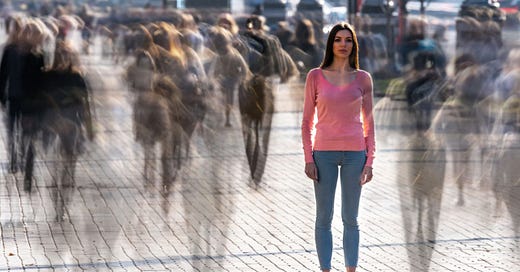

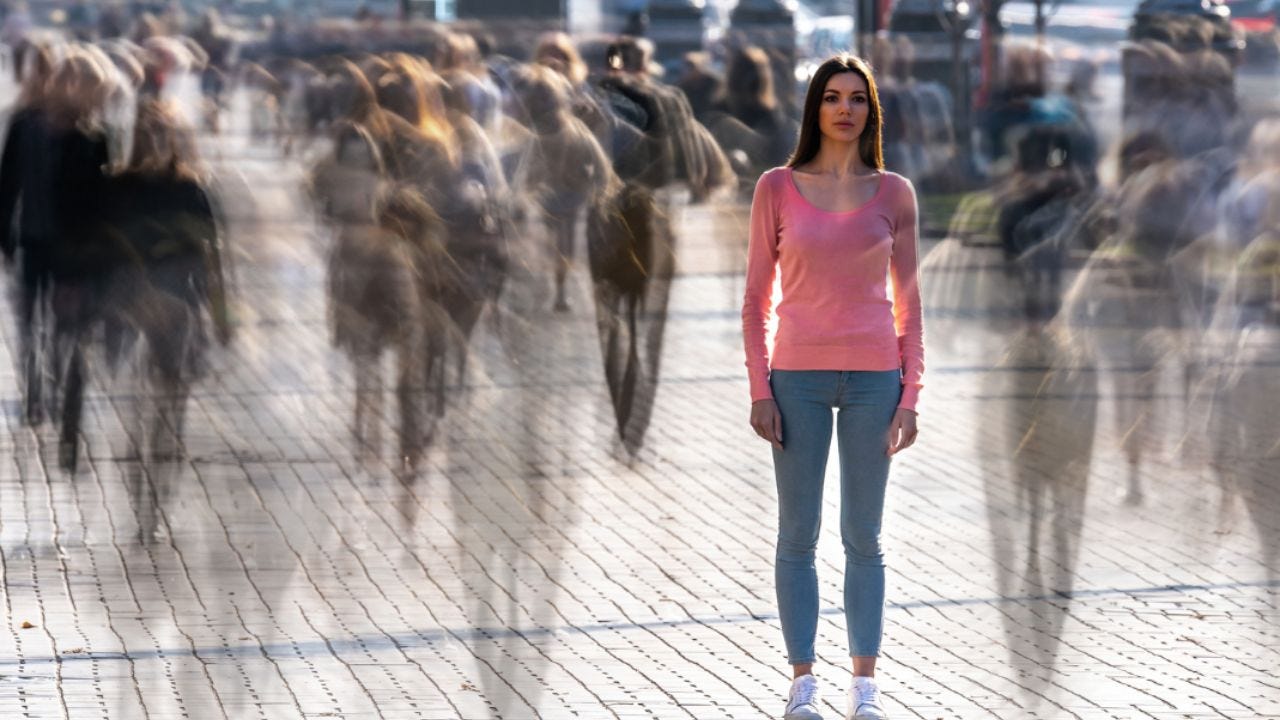

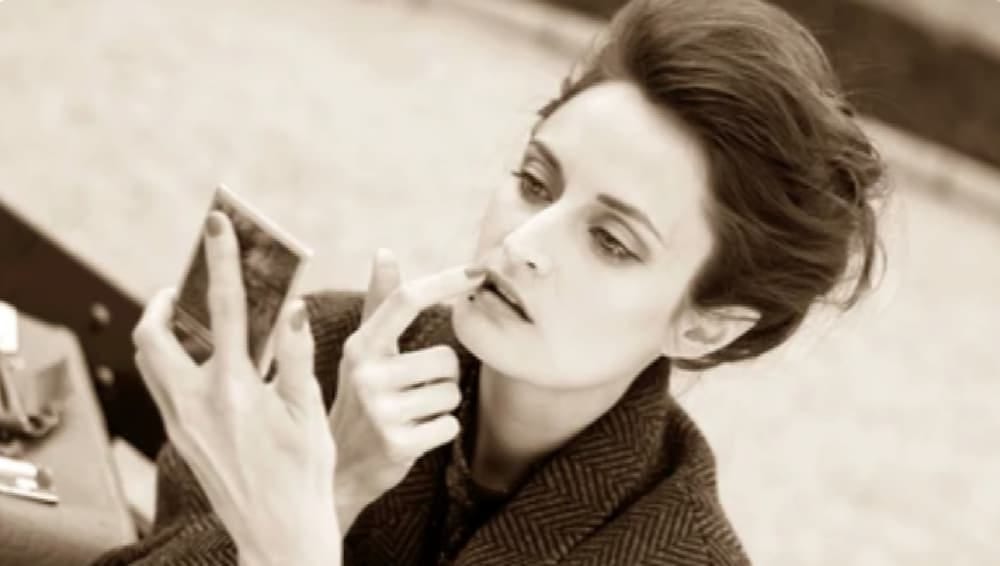
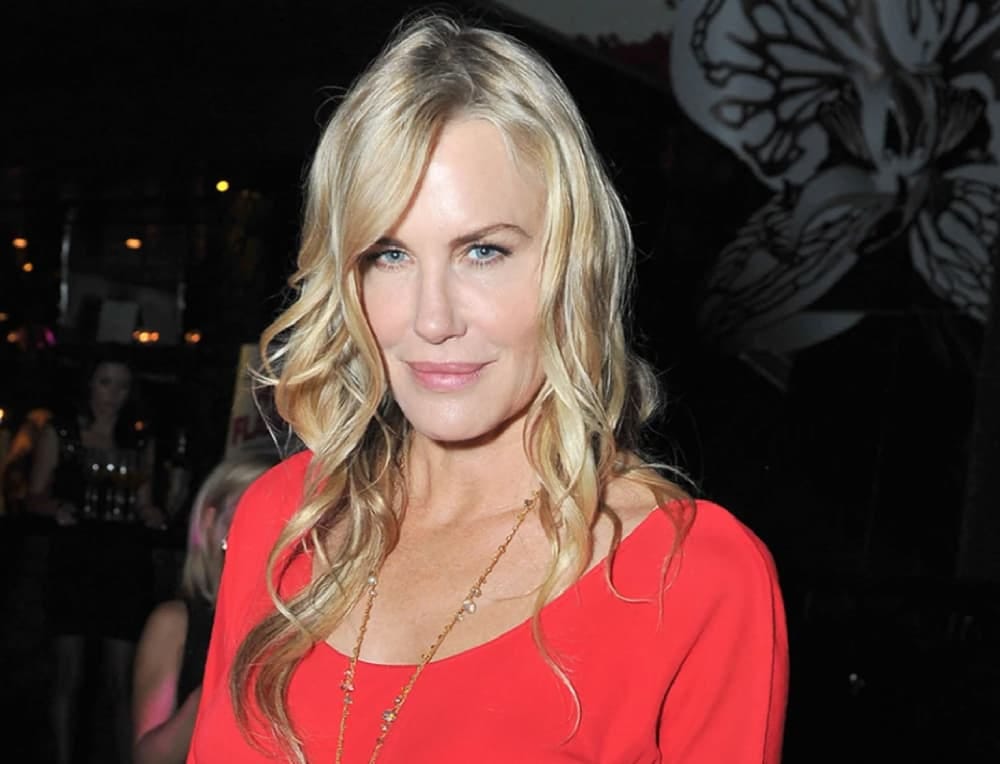
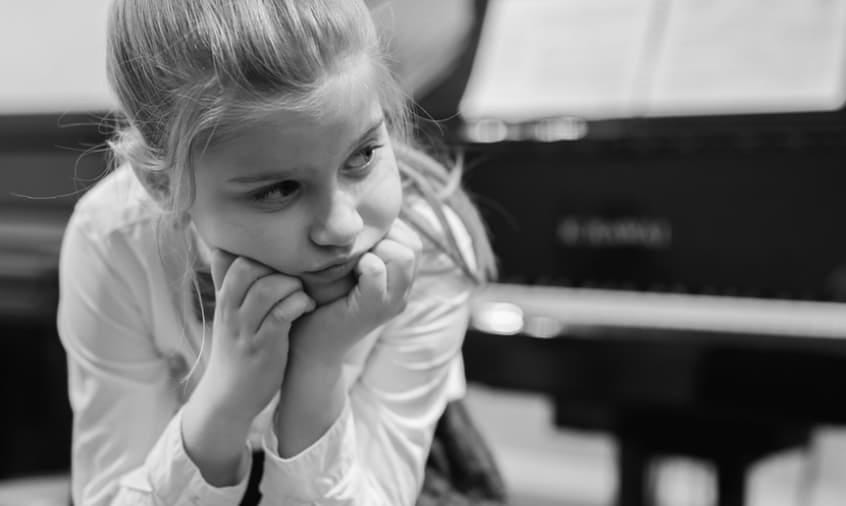




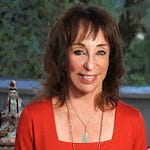
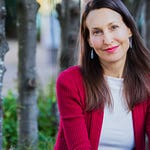

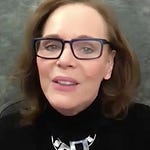

Share this post